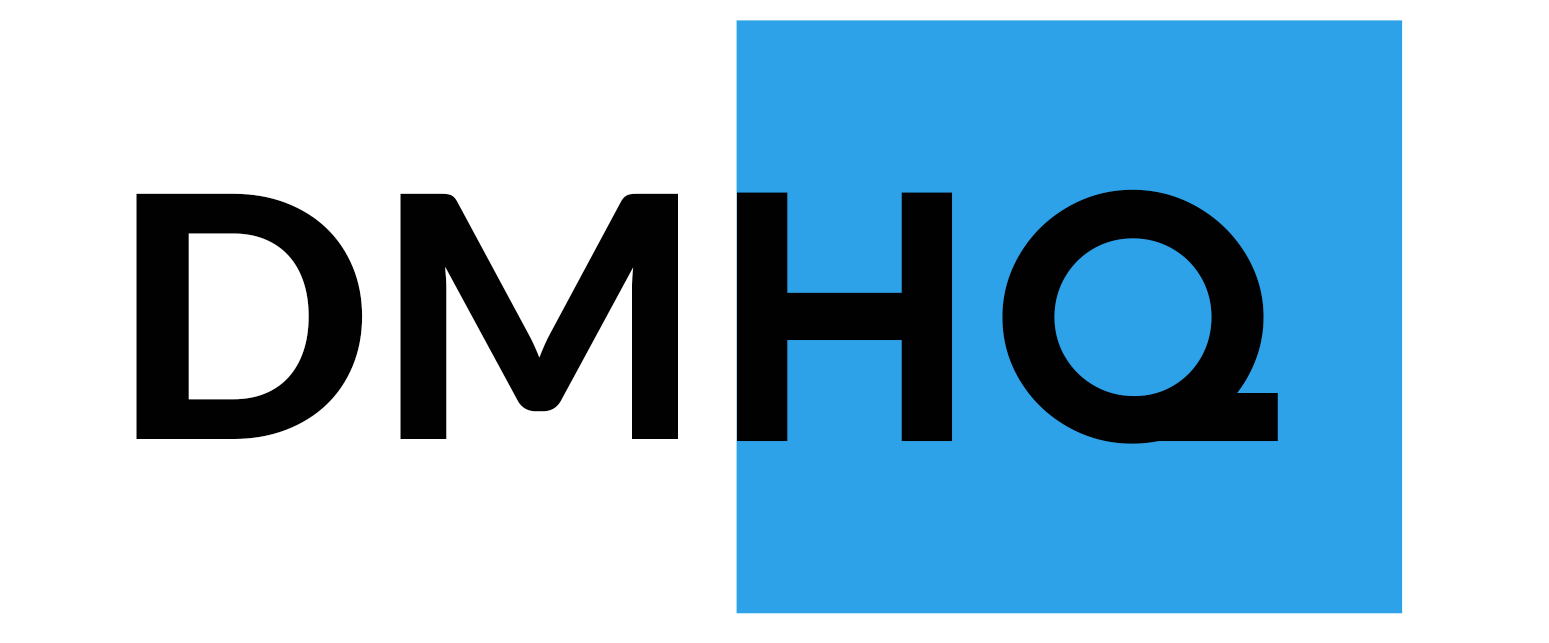
You’re convinced by now about the benefits of certification for professionals like digital marketers. In many professions, there are usually more than one professional or industry certification available. For financial services professionals alone, there are so many certifications to choose, from CFA and CFP to RFP and RFC, etc. The same goes for real estate professionals, healthcare professionals, and IT professionals.
In marketing, there’s the Professional Certified Marketer (PCM) from the AMA, Certified Marketing Management Professional (CMMP) from IIMP, Certificate in Professional Marketing (CPM) from CIM, Certified Marketing Specialist from CMA, Certified Marketing Professional (CMP) from DMA, well, you get the picture?
What about digital marketing certification? Internationally, there’s OMCP, OMI, and of course, DMI. There are also vendor certifications from Google, HubSpot, Hootsuite, etc. Locally, there are are a couple of certification programs available as well.
So, which certification is right for you? It really depends on your objectives, but here are a few key questions you should ask:
1. Who is issuing the certification?
The first thing to consider is the certifying body. In digital marketing, there are vendors, associations, universities, training companies, non-profits, even individuals that issue all sorts of certifications. You need to evaluate the organization issuing the certification.
Is it reputable? Does it have a strong track record? If only a few people know about the organization, there is little value. Remember when you were applying for college? You wanted to get into a university that is well-known, right? You made sure it has a good reputation for the specific course you wanted to take. Why? Because it assures you that you will get the right education. Plus, face it, it will look good on your resume.
This should be exactly what you also need to do when considering a digital marketing certification.
2. Does the industry accept the certification as a professional standard?
The truth is it is so easy for anyone to give a certificate. But what is being certified in the first place? You may get a certificate just for completing the program. That means nothing! A real certification should prove that you passed a standard that showed you complied with exacting requirements. Those requirements usually include completing the educational requirements and passing a validation exam. Some requirements include work experience and an interview assessment.
What you need to ask is if that certification is accepted by your industry or profession as a standard. Because if it’s not, then it’s worthless. Well, not worthless, but not much worth. It may be issued by a reputable organization, but if the digital marketing industry doesn’t really consider it as a standard, then it’s not just as valuable.
3. Is the certification internationally recognized?
The most valued certifications are the ones that are recognized internationally. Don’t be misled by the name of an organization. It can have the word “international” but is actually just local.
How do you know if a digital marketing certification is internationally recognized? Simple: if it’s available internationally, usually through accredited training providers and educational institutions, and if there is a significant number of graduates from around the world.
Why does it matter if it’s internationally recognized in the first place? There’s greater value, of course, if your certification is international, not just local. It’s the equivalent of getting an international MBA versus getting a local MBA.
If you plan to work abroad, then obviously an international certification has much more worth than a local one. If you have international clients, they will care about your international certification, not your local certification.
4. Are the requirements to be certified rigorous?
If all you need to be certified is to enroll in an online course, watch videos, answer questions after every section of the course, and pass, that’s good, but is it good enough? It is rigorous enough?
A certification must be a high enough hurdle. If it’s too easy to attain, then it’s not as valuable, is it? The study requirements and assessment must be challenging, even difficult — at least difficult enough to really review and study for.
Ideally, the validation exam is taken at a third-party test center, where there is a proctor, time limit, and other restrictions, not just taken online at your own time, at home, and at your own pace.
5. How many professionals have that certification?
In the end, you also have to ask yourself how many professionals in the world hold that certification. If there are just a few hundred graduates, how can it be a certification standard? If the graduates are concentrated in one country, how can it be a global certification standard?
I’m not saying there is no value in certifications that don’t meet all these key factors. The educational content of many of these certification programs is quite good. In fact, it shouldn’t stop you from pursuing different certifications. The more titles and certifications to your name, the more credentials you can boast of.
All I’m saying is not all certifications are equal. Some just have a higher value, a higher weight, a higher premium, and a higher reputation than others.
The Certified Digital Marketing Professional program and other certification courses from DMI meets these criteria. So if you are serious about certification, you certainly need to consider enrolling with the global standard in digital marketing certification.





